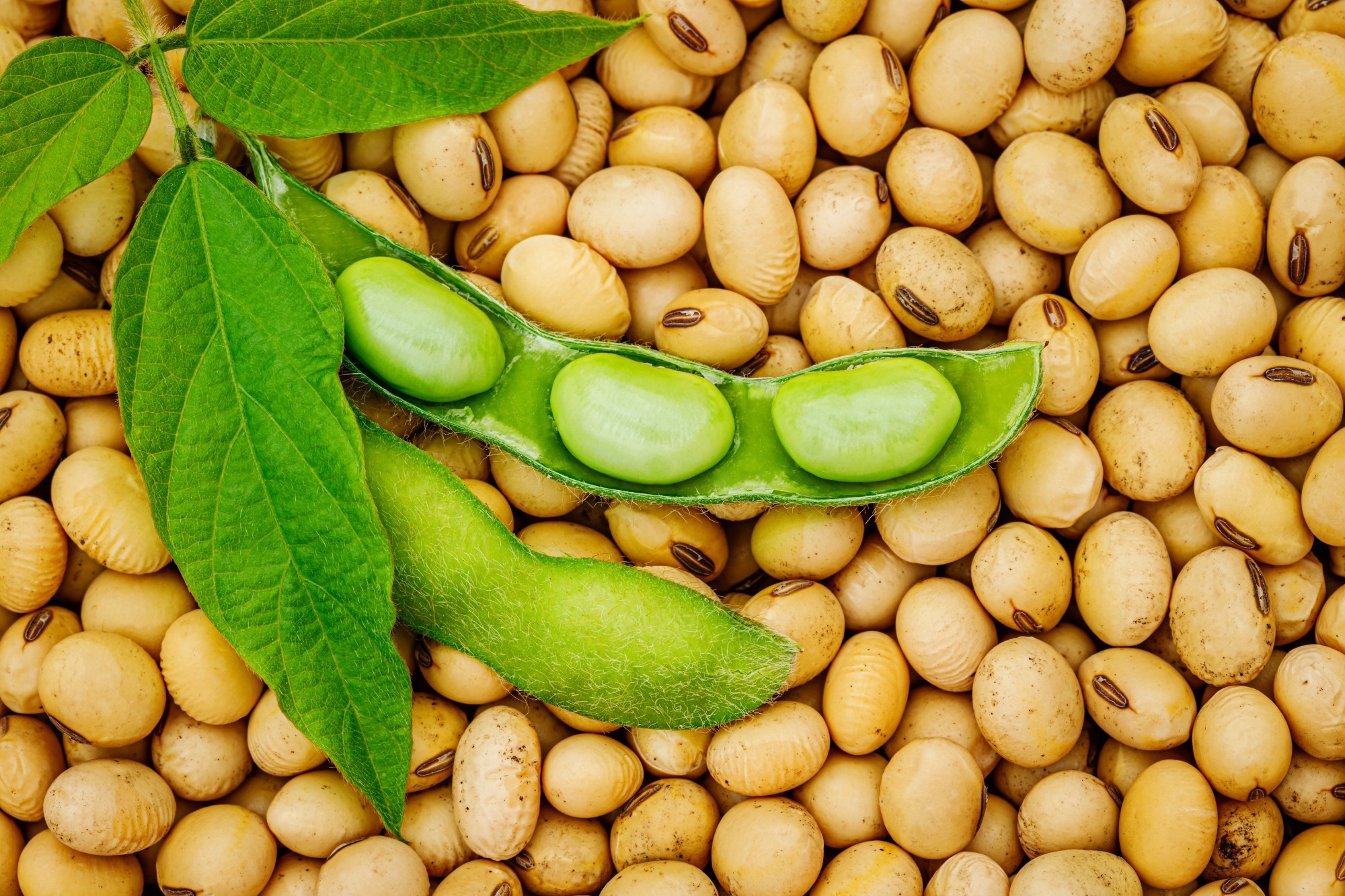Cardiovascular diseases (CVDs) and Type 2 diabetes (T2D) are major contributors to global mortality and disability. These diseases not only reduce the lifespan of the affected individual but also have a massive social, psychological, and economic burden. Several studies have indicated that a healthy diet and lifestyle could lower the incidence of both CVDs and T2D.
A higher intake of plant protein could effectively improve metabolic health and lower CVD mortality. Recently, scientists in China reviewed existing literature and conducted a meta-analysis to understand the association between increased soy consumption and the risk of T2D and CVDs. This review is available in the journal Nutrients.
In this meta-analysis, relevant information was obtained from online databases, such as PubMed, Medline, Embase, and Web of Science core collection, up to 14 October 2022. This study included a total of 45 articles, among which 29 articles satisfied the eligibility criteria. Nine articles were related to T2D, and 20 pertained to CVDs. The 29 studies taken together included 1,660,304 participants, including 54,213 CVD events and 16,521 T2D events.
 Review: Soy Consumption and the Risk of Type 2 Diabetes and Cardiovascular Diseases: A Systematic Review and Meta-Analysis. Image Credit: nnattalli / Shutterstock
Review: Soy Consumption and the Risk of Type 2 Diabetes and Cardiovascular Diseases: A Systematic Review and Meta-Analysis. Image Credit: nnattalli / Shutterstock
Comparison between soy protein and animal protein
Soy is a rich source of plant proteins and also contains lecithin, polyunsaturated fatty acids, isoflavones, and dietary fiber. It contains all essential amino acids that are present in animal proteins. The amino acid composition of soy protein is not only similar to human essential amino acid composition, but they are also present in adequate quantity.
Although animal proteins are rich in essential amino acids, they contain high levels of fats and cholesterol, which are contributing factors to various chronic diseases. One of the key advantages of soy protein is that they do not contain cholesterol. In addition, compared to animal proteins, the levels of branched-chain amino acids (BCAAs) and methionine are low. An irregular metabolism of BCAAs, along with their elevated levels, could induce metabolic disorders, including insulin resistance and type 2 diabetes mellitus, obesity, heart failure, and cancer.
Soy foods are available in fermented and non-fermented forms. Fermented soy foods provide anticancer, antioxidant, anti-hyperlipidemic, and anti-inflammatory properties. They also prevent osteoporosis. Isoflavones present in soy milk and tofu (non-fermented products) could be destroyed during cooking and processing. This finding indicates that non-fermented soy products could lower the protective properties of soy against cardiovascular diseases and diabetes.
How does soy protein influence the risk of T2D and CVD events?
A previous study established a relationship between soy products and CVDs and T2D. A possible mechanism that entails soybean to protect individuals from T2D and CVD events was indicated in the study. The low concentration of BCAAs, and high protein content, along with the presence of isoflavones, unsaturated fatty acids, stigmasterol, and lecithin, have been associated with low risk of T2D, CVDs, and stroke events.
Another study indicated that soybean contains flavonoids, which aids in lowering the risk of CVDs and diabetes due to their antioxidative and anti-inflammatory properties. In addition, animal studies using diabetic mice showed that consumption of soy protein peptides improved muscle glucose uptake and insulin sensitivity, decreased blood glucose and triglyceride levels, and rectified pancreatic function.
Isoflavone, an active component of soybean, enhances endothelial function and decreases blood pressure and blood glucose. Preclinical and clinical studies have shown that isoflavone positively decreases the CVD and diabetes risk by affecting glucose transporter 4 (GLUT4) and adenosine monophosphate-activated protein kinase (AMPK) phosphorylation.
Soy protein peptides, lecithin, and isoflavones improve lipid profiles via various mechanisms. For example, phosphatidylcholine in soybean lecithin regulates lipid metabolism by dissolving the cholesterol in the intestine and lowering intestinal cell absorption. Previous studies have also shown that lecithin decreases blood lipid levels by blocking intestinal cholesterol absorption and supporting cholesterol excretion.
Soybean lecithin has been used as a functional food supplement to improve blood lipid levels. Stigmasterol, which is a phytosterol in soybeans, improves blood glucose levels along with a cholesterol-lowering effect. Notably, this phytoconstituent reduces the risks of CVDs in postmenopausal women.
Soy protein and isoflavones decrease cholesterol and triglyceride levels, which is beneficial for systemic metabolism and cardiovascular health. The unsaturated fatty acid of soy, such as n-3 long-chain polyunsaturated fatty acids, enables improvement in blood glucose level and insulin resistance. It also reduces the risk of stroke.
Several studies have indicated that low BCAAs diet prevented premature aging in mice, enhanced metabolic health, and delayed frailty. A reduced BCAAs diet substantially improved the life span and health span of mice. Besides low levels of BCAAs, soy also contains polyunsaturated fatty acids, lecithin, and stigmasterol, which can lower total cholesterol, reduce the risk of diabetes, and promote cardiovascular health.
Consumption of tofu and natto was observed to be negatively associated with the risk of CVDs, T2D, and stroke. As stated earlier, fermented soy foods contain high levels of amino acids, peptides, and other breakdown products with high antioxidant properties. In the future, soy protein peptides and isoflavones could be used as an alternative treatment for diabetes and cardiovascular disease.